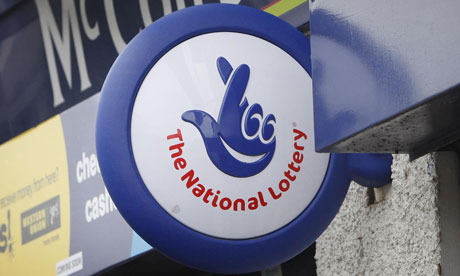By Girish Menon
Risk is the consequence one has to suffer when the outcome
of an event is not what you expected or have invested in.
For e.g. as a GCSE student you have invested in getting the
grades required by the sixth form college that you wish to go to.
The GCSE exam therefore is the event.
From an individual's point of view this event has only two
possible outcome viz. you get the grades or you don't.
Your investment is time, money and effort in order to get
the desired outcome.
The risk is what you will have lost when despite all your
investment you did not get the desired grades and hence you are not able to do
what you had wanted to do.
From a mathematical point of view since there are only two
possible outcomes one could say that the probability of either outcome is 0.5.
Your investment with spending time studying, taking
tuitions, buying books.... are to lower the probability to failure to as low a
figure as possible.
Can you lower the probability of failure to 0? Yes, by
invoking the ceteris paribus assumption. If all 'other factors' that affect a
student's ability to take an exam are constant, then a student who has studied
all the topics and solved past papers will not fail.
Else, some or all the 'other factors' may conspire to bring
about a result that the student may not desire. It is impossible to list all
the 'other factors' and hence one is unable to control them. Hence, the exam
performance of even a hitherto good student remains uncertain.
If the above example, with only two possible outcomes, shows
the uncertainty and unpredictability in
the exam results of a diligent student then one shudders to think about other
events where all the outcomes possible cannot be identified.
Let's move to study the English Premier League. Here, each
team plays 38 matches and each match can have only three outcomes. When one
considers picking a winner of the league
one could look at the teams, the manager etc. But, 'other factors' such as
injury to key players, the referee...... may scupper the best laid plans.
When one looks at investing in the shares of a company one
may study its books of accounts. Assuming that these books are accurate, this
information may be inadequate because it is information from the past and the
firm which made a huge killing last season may now be facing turbulent
conditions of which you an outside investor maybe unaware of. The 'other
factors' that may impinge on a firm's performance will include the behaviour of
the staff inside the firm, behaviour of other firms, the government's policies
and even global events.
Yet, as a risk underwriter one has to take into account all
of these factors, quantify each factor based on its importance and likelihood
of happening and then estimate the risk of failure. The key thing to remember
is that the quantitative value that you have given each factor is at best only
a rough estimate and could be wrong. Which is why every risk underwriter
follows Keynes' dictum, 'When the facts change, I change my mind'. George
Soros, the celebrated investor, has been rumoured to say no to an investment
decision that he may have approved only a few hours ago.
Even if Keynes and Soros may have changed their minds on
receipt of new information I am willing to bet that their investment record
will show many wrong decisions.
So if the risk in investment decisions itself cannot be
accurately predicted imagine the dilemma a politician makes when he decides to
take his nation to war.
Hence the best way sportsmen, businessmen and politicians
overcome the uncertainty of decision making is by posturing. Pretending that
you are the best and everything is within your control. They hope that this
will scare away the challengers and doubters and victory becomes a self
fulfilling prophecy. Alas! It unfortunately does not work every time either.
(The author is a lecturer in economics.)
